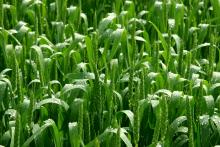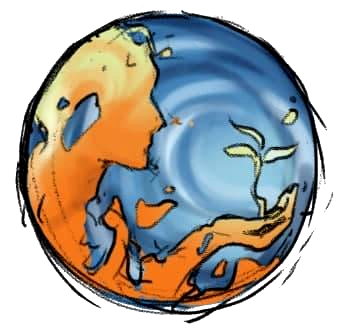Circular economy on agro-food sector: Vineyards and wine case study

Circular economy on agro-food sector: Vineyards and wine case study
The idea of a circular economy started to be noticed about 2017 when several EU countries developed their “circular economy national plans”. Coming from European directives, countries developed goals, strategies and ambitions to implement the idea. However, what countries forgot to tell us is what the circular economy is about and why and where we should implement it.
AVIPE is a grapevine growers association located in Portugal’s Peninsula de Setubal wine region. Its main activity is consultancy on vineyards and support to farmers. AVIPE works with 350 farmers covering an area of 4,000ha of vineyards.
Along with management of a demo farm, participation on national and European projects are possibilities to show farmers new practices and develop trials. PRIMA projects such as SUSMEDHOUSE, to develop a sustainable greenhouse, and REVINE, to use soil microorganisms against vineyards diseases, are good examples of such applied R&D.
In 2018, AVIPE participated in a Interreg Med project called EMBRACE. The main idea was to develop circular economy business models in the agro-food sector and AVIPE was responsible for the wine sector.
By Miguel Cachao, Agronomic Engineer, AVIPE
